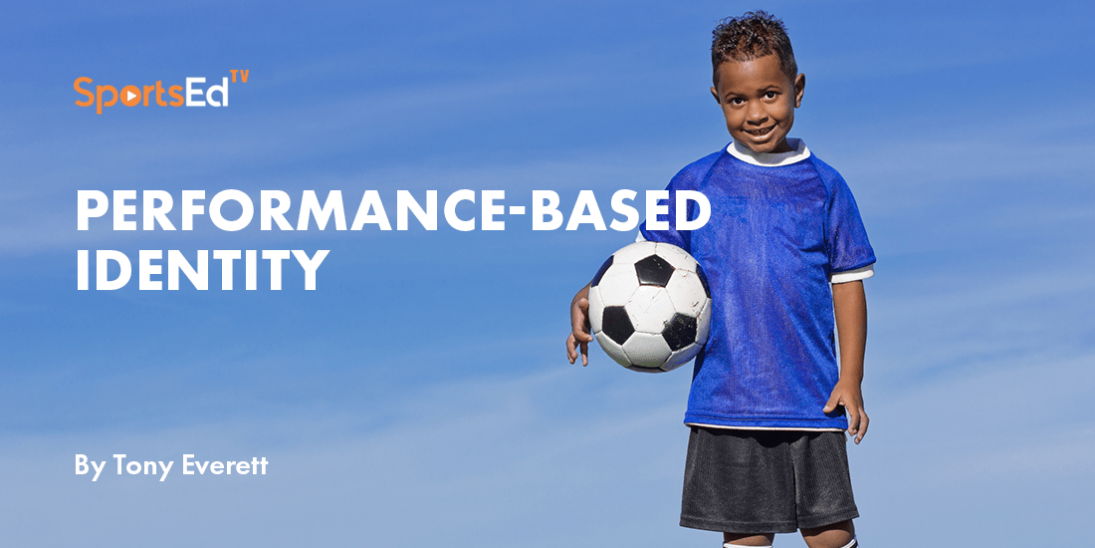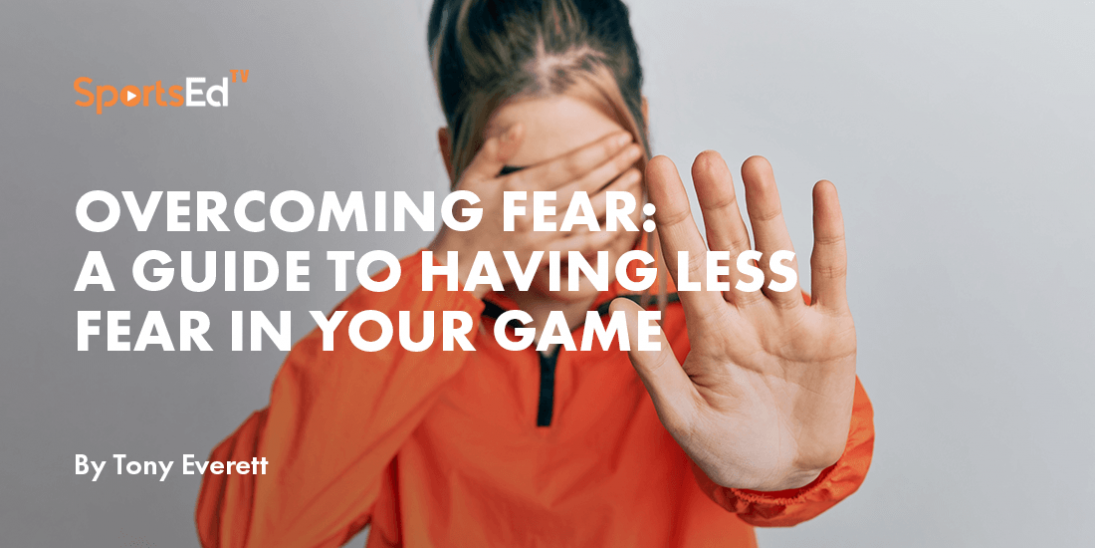Sports Parenting
Welcome and thanks for visiting...

Performance-Based Identity

Where does performance-based identity start? Why do so many struggle with issues that come from this label?
The research about our connections with our parents and guardians would be a likely starting point for such labels. According to identity theory, it is during childhood and adolescence that the family unit is of particular importance in creating identities.
When a child is involved with sport, and the parents drive the motivation, that young athlete will understand that performing to please her parents is why she is involved with a sport. When the young athlete receives praise for doing well and is criticized for playing poorly, he will accept that his performance makes up his identity.
How we interact with young people as they navigate sport (and life) is essential.
My parents didn’t seem to care about my soccer performance. They didn’t seem to care about my schooling either, but that is a story for a different day. Because of their lack of involvement, I played soccer for fun, never pushing myself or developing my potential. I was good but learned not to care about my engagement in the game.
I am now in my 50s and have played and coached sports all my life. Today, I reflect on my childhood and my abilities and wonder if I could have made more of my soccer abilities if I had parents who pushed me, or would I have become disillusioned by the sport and given up like many young people I meet today because parent and coaches push too hard?
I will never know the answer, but I have an internally driven love for the sport. In other words, I find freedom in playing that brings me joy and contentment.
The sad thing about that statement is that I know many more who do not have that connection. Some people I know have been involved in the sport for many years, and they have developed a mindset that makes them not want anything more to do with their chosen sport.
Playing sports (or doing anything) for others can lead to an external performance-based identity. While this identity can provide a sense of validation and accomplishment, it can also lead to feelings of inadequacy, anxiety, depression, and loneliness.
When we teach young people that their worth does not come from their performance but instead from their intrinsic value to the world in which they live, they can develop an internal performance-based identity. This type of identity will lead our athletes to perform for an audience of one, themselves. It will lead to greater satisfaction with their chosen sport and allow them to develop a growth and development mindset. It does this because they are playing their own game, and when we do that, we play to our strengths, and everyone benefits when we are at our best.






